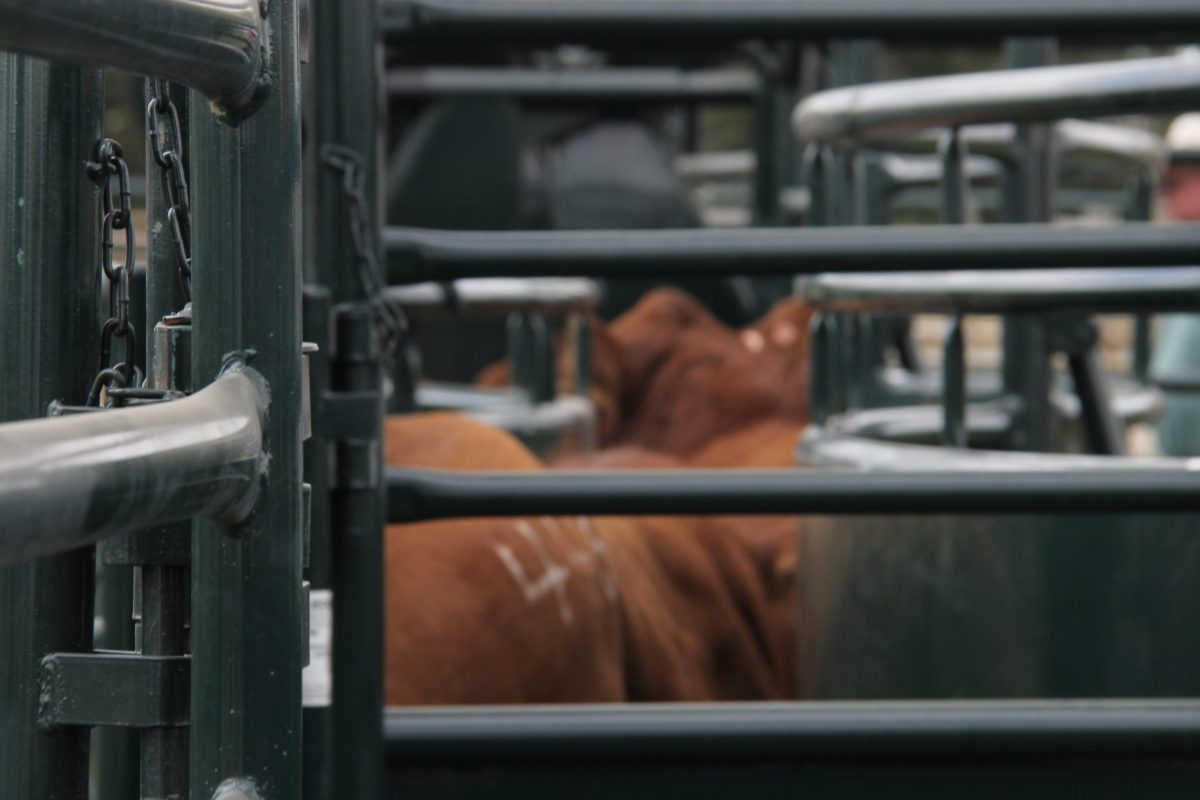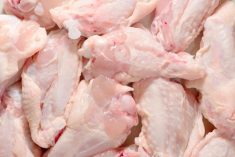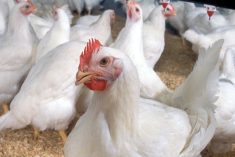Charleston | Reuters –– Revenge may be the motive for the killings in South Carolina of more than 300,000 commercial chickens worth about $1.7 million over the past two weeks, authorities said Monday.
Birds have been found dead of unnatural causes in 16 chicken houses at six farms that grow chickens for Pilgrim’s Pride Corp., the largest poultry producer in the U.S., which laid off some 60 people right before the killings began, Clarendon County Sheriff Randy Garrett said.
The company has a processing plant at Sumter, S.C., about 150 km north of Charleston.
Read Also

Cargill to close Wisconsin beef plant, cut 221 jobs
U.S. agribusiness Cargill will permanently close its beef processing facility in Milwaukee, Wisconsin, and eliminate 221 jobs, according to a filing with the state, the latest U.S. beef plant to be shuttered amid rising costs for meatpackers.
About 325,000 chickens have been found dead at the farms since mid-February, Garrett said. One farmer, W.L. Coker, lost the birds in eight chicken houses, or about 160,000 birds, he said.
Authorities are searching for killers with a deep working knowledge of raising chickens, Garrett said, adding that he believed the deaths of the chickens are related to the layoffs.
Vandals bypassed alarm systems and raised or lowered temperature in the chicken houses, killing them, Garrett said.
“Depending on the age of the birds, they knew whether to jack the heat up or jack the heat off,” Garrett said.
Young birds need more heat, and older ones need less, he said.
“They had all that knowledge of the farms and how many weeks growth the chickens were,” Garrett said.
Garrett said his office has contacted the U.S. Department of Agriculture and state police.
Pilgrim’s Pride said in a statement that it was fully co-operating with authorities.
“These unfortunate, yet apparently deliberate acts show a blatant disregard for the welfare of the chickens and the livelihood of the family farmers involved,” the statement said.
The acts were also condemned by state officials overseeing South Carolina’s agriculture industry.
“Farming presents its own unique challenges without something like this happening,” South Carolina agriculture commissioner Hugh Weathers said in a statement.
— Harriet McLeod is a Reuters reporter based in Charleston, S.C.















